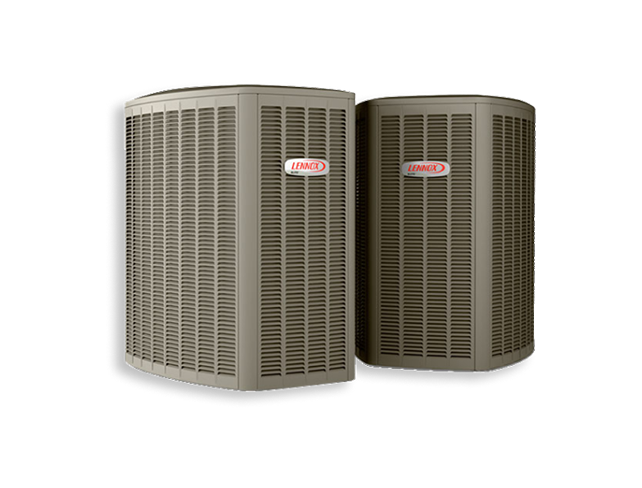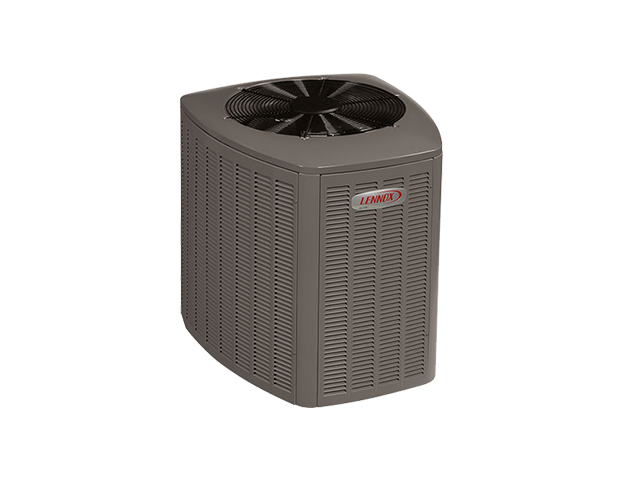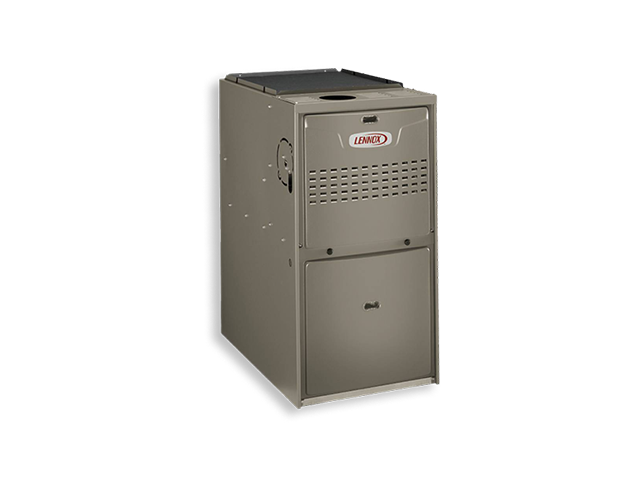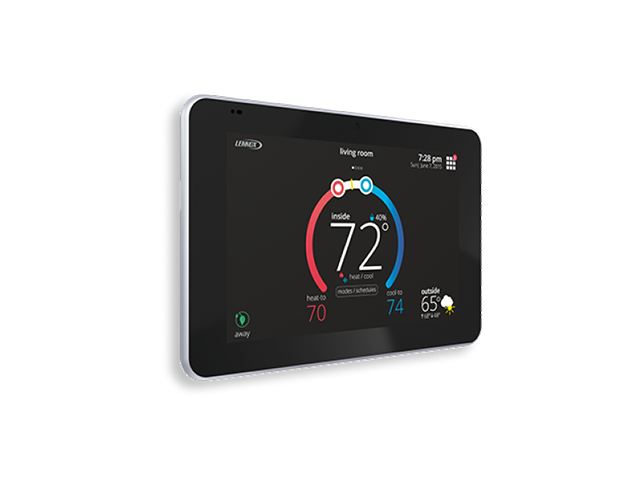Global warming, smog, greenhouse effect, heatwave: this reminds us that the temperature of our planet is constantly increasing. Every summer in Quebec, many people are inconvenienced during the scorching heat, which can result in significant – even dangerous – impacts on health. At Climatisation B.S., we are greatly aware of the harmful effects of heat on the human body. To find out how to prevent the dangers of skyrocketing mercury, check out this blog post.
The symptoms
During extreme heat, the body must exert considerable efforts to maintain a normal temperature. In addition, the chances of developing symptoms are increased tenfold if exposure is prolonged or if physical exertion is exerted simultaneously. Thus, when a person is in an environment where the heat is extreme, he may experience the following short-term discomforts :
- Muscle cramps;
- Dehydration (dry skin, intense thirst, fast heartbeat, jerky breathing, dark urine);
- Swelling of the hands, feet and ankles;
- Exhaustion or unusual fatigue;
- Rashes (“heat rashes”);
- Headache.
The “heat stroke” : an emergency situation
In some people, the above symptoms can turn into ailments requiring prompt intervention by healthcare professionals : – this is called “heat stroke” – a serious condition that can lead to death. Here are the main signs :
- Elevated body temperature;
- Confusion or hallucinations;
- Convulsions;
- Breathing difficulties;
- Dizziness or vertigo;
- Red and dry skin (no sweat);
- Loss of consciousness.
Who is at risk?
The people most prone to heat stroke are children aged 5 and under, the elderly with loss of autonomy, individuals with an illness, drug addicts, employees whose work requires effort physical, workers exposed to heat-emitting equipment, and people who do not have access to cool or air-conditioned places.
Prevention tips
There are several ways to prevent your health from deteriorating during oppressive and extreme heat. Here are the main ones :
- Go to places where the air is fresh or air-conditioned places;
- Keep a cool, damp towel handy and run it regularly over your skin;
- Stay hydrated (8 glasses of water per day);
- Limit your physical efforts;
- Set aside alcohol (since it contributes to the phenomenon of dehydration);
- Take showers or baths in cool water.
At Climatisation B.S., we are well aware of the risks associated with the lack of means to cool you down during heat waves. To face hot periods, get a air conditioning system. Here we have top quality devices for all needs and for all budgets. You want more information? Contact us!







